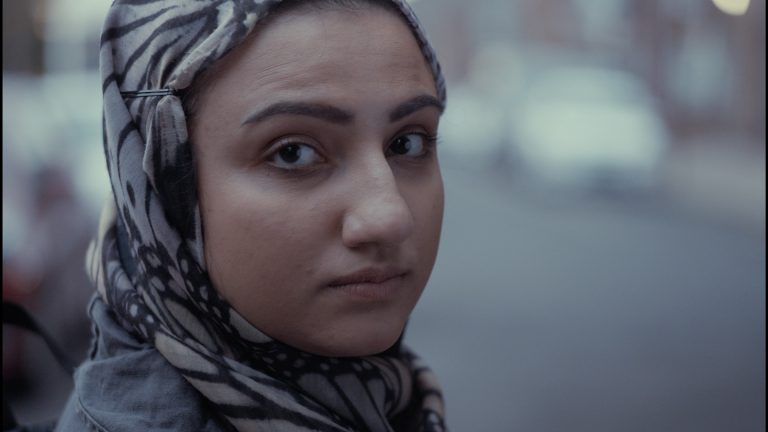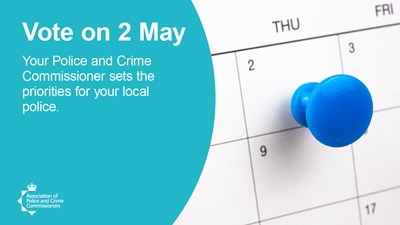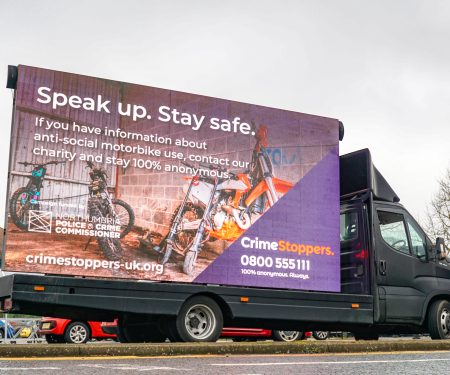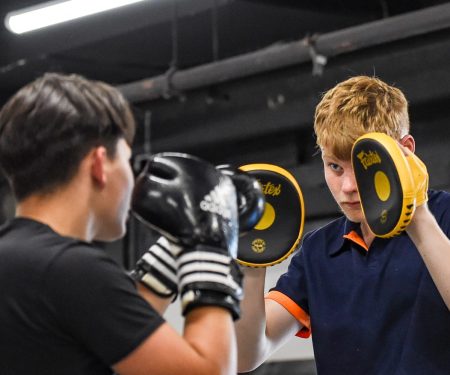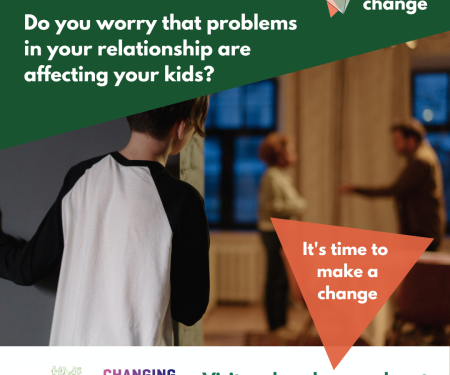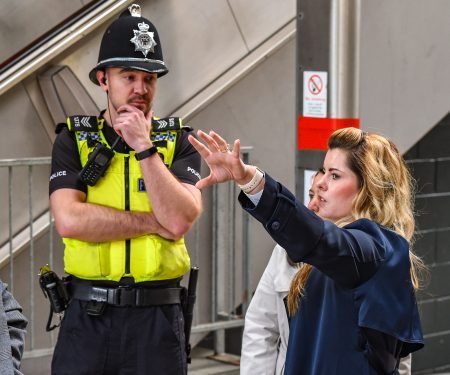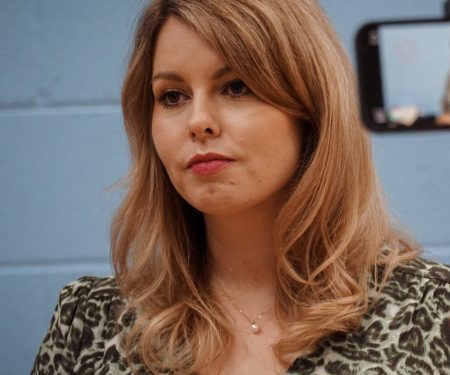As the North East’s powerful #ItAllAddsUp campaign is being shared by social media users up and down the country, important advice on how we can all be better allies if we witness sexual harassment in public places is being shared by Police Commissioner Kim McGuinness.
Earlier this year, the PCC commissioned experts to roll out ‘active bystander training’ across the region. This training is designed to give people the confidence to have conversations with friends and colleagues and equip them with the tools they need to respond safely, support a victim and call out potentially harmful behaviours.
Now, following on from the success of the #ItAllAddsUp active bystander campaign, the Commissioner wants to make sure people know what to do and say if they witness sexual harassment -whether it is on a night out, on the bus or at the local supermarket.
These scenarios were all brought to life in the short film campaign, launched with Rape Crisis Tyneside and Northumberland, and are based on the real-life experiences of local women. It has been backed by men and women up and down the country everywhere from Twitter to TikTok. It has also been shared by some of the country’s leading MPs and campaigners.
Together, this work is part of a women’s safety in public places project which has seen Kim McGuinness invest over £1million pounds in practical solutions and behaviour change projects to keep people safe in our region.
So far, 82 people who work with men and boys across the region have completed the ‘active bystander training’ and 32 have gone on to complete training which will enable them to train others. It is expected that 3000 men and boys and people in our communities will become fully trained active bystanders before the end of 2023.
Northumbria Police and Crime Commissioner, Kim McGuinness, said: “There can be no more turning a blind eye to sexual harassment. We know 71 per cent of women have experienced harassment in public places. My office’s survey also told me women wanted to see more being done to drive the change in attitudes and behaviours towards women and girls – this is exactly what all this work is doing.
“Not doing anything gives some men and boys the OK to go further and this can lead to horrific consequences for the victim. So, with this powerful campaign we are doing the very opposite of turning a blind eye; we’re shining the spotlight on it and calling it out. And with that it’s important people know what to do in the situations shown in the campaign. It’s not to say you should ever put yourself in a dangerous situation but there are times and ways in which we can all help stamp out the unwelcome comments and behaviours that often, as women, we just put up with as they have become part of everyday.
Kim continued: “Research tells us that by training people to be better bystanders we could end up with fewer sexual violence incidents. This work won’t put an end to VAWG overnight but it’s crucial for culture change and long-term prevention.
“It’s also about supporting victims right there in that moment, giving them validation and saying what they’ve experienced isn’t OK. Sexual harassment, sadly, is such a prevalent problem that we really need everybody on side with this, playing their role in prevention.
“Together we can take important steps to empower others in the fight against violence against women and girls in our region and beyond.”
| Advice on what to do and say if you witness sexual harassment from Kindling Transformative Interventions:
1. Pause and take a breath – is it safe to intervene? 2. Remember, you have options: it doesn’t have to be confrontational. A look, body language or jokey comment can be enough to change the norm… if it doesn’t work that’s when you might escalate – but don’t go in at full steam to begin with. 3. There are almost always three people you can intervene with in the moment: the victim (“are you okay?”), the wrongdoer (“give it a rest, mate”); and an ally (“did you see that? Can you help?”) which could be a friend, another bystander or specialist services. 4. If it’s someone you know causing the harm – like a friend or family member – it might be better to intervene ‘after the event’ – like having a chat with them about what happened and why you felt uncomfortable. If alcohol is involved in the moment, it might be more likely to take on board what you’re saying if you talk to them after the event. Remember you can also intervene with the victim and allies after the event – like checking in with them and making a plan should something similar happen again. 5. Be safe but don’t over think it – remember, interventions don’t have to be perfect – they just have to be good enough. The aim is simply to show the wrongdoer and others that the behaviour is not okay, and the victim will be supported. |
The innovative training has been designed to empower bystanders – anyone who witnesses what’s happening or is confided in -who isn’t the victim or the harasser.
and is being delivered by active bystander training specialists, Kindling Transformative Interventions and Beyond Equality. The training seeks to equip people with the skills and confidence needed to speak up when they notice behaviours that aren’t right such as harassment, sexual harassment, or problematic and threatening behaviour.
Samantha Jones, Deputy Chief Executive Officer, Rape Crisis Tyneside and Northumberland, said:
“Sexual harassment is normalised every day, and women and girls have had enough of altering their behaviour to prevent public sexual harassment. The campaign has been incredibly successful so far, and we have seen many men engaging with the videos and sharing them online. We know this will not eliminate male sexual violence against women and girls, but it is a step in the right direction. We are pleased to see such a high uptake of bystander training in the region, and we hope that more funding will be available in the future so that more men and boys can become active bystanders.”
Dr Rachel Fenton, Founder and Director of Kindling Transformative Interventions and Associate Professor of Law at the University of Exeter said:
“It’s been fantastic to work with such a pro-active and committed PCC. Sexual harassment blights women’s lives. To really change our culture where this behaviour is normalised, it’s essential that we are all part of the solution. If everyone takes responsibility in their communities, workplaces and friendship groups to intervene as active bystanders, then we can all be part of stopping sexual harassment happening.”
For more information about the #ItAllAddsUp campaign and to watch the videos click here.
For more information about the Active Bystander Training click here.

